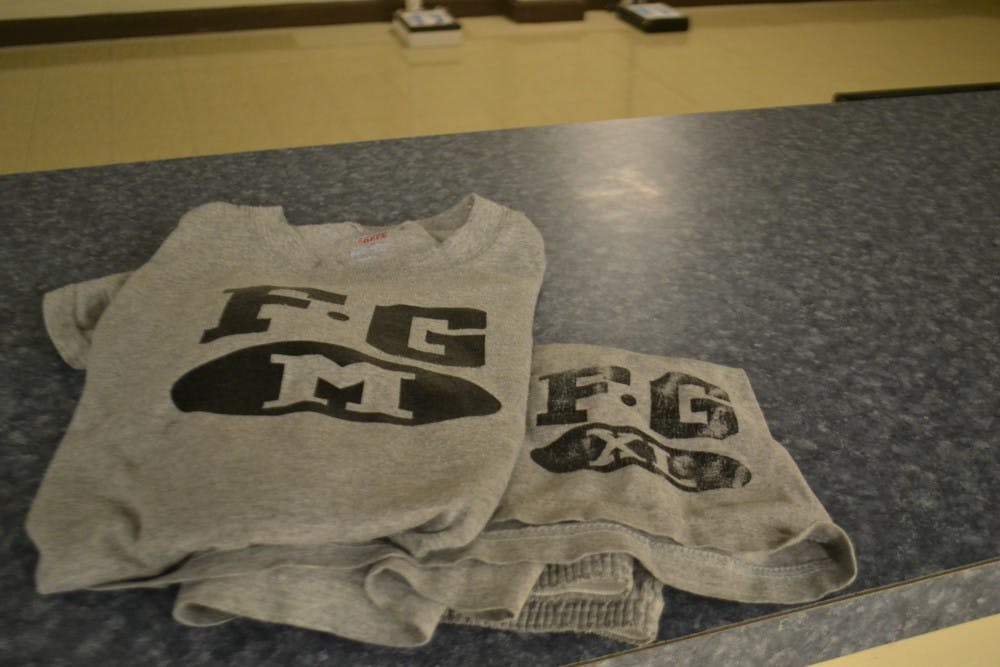While it's simply the end of the semester for students, for some faculty, it’s the end of an era. On May 11, all clothing and basket service will cease at Fetzer Hall, bringing an end to the decades-long “Fetzer Grays” tradition.
Under the current system, faculty can store their gym clothes in baskets provided by Fetzer. The gym provides faculty with exercise clothing and even washes it for them. While this is not a benefit offered to students, faculty pay $150 in annual fees, whereas students only pay $120.
Although some faculty learned about the decision through an email sent to a select group of long-time facility users, others learned about the system changes by word of mouth and signs posted at Fetzer. Faculty disapproval is widespread and has remained steadfast since the decision’s release.
In a statement to the DTH, Department Chair of Exercise and Sports Science Darin Padua said, “We regret that the decision to discontinue the clothing service after May 11, 2018 will create any type of hardship for the users of the recreation and activity facilities.”
Professor Donald Stanford has been integral in the movement to call attention and accountability to the decision itself as well as the decision-making process. He was a member of the Heels for Health Listserv and spread the news through personal interactions at the gym and through email.
“I started asking people as I bumped into them wearing the grays and what surprised me right away was that virtually no one had heard about them,” Stanford said.
Professor of city and regional planning Bill Rohe only heard about the changes from colleagues he sees at the gym.
“I never got any direct email from the exercise and sports science people, so I guess I wasn’t on the list,” Rohe said.
Stanford encouraged the colleagues who dissented with him to contact the administration at EXSS. He said he was often copied on emails sent to department chair Darin Padua. Common themes in these emails were concern about transparency and reasoning.




